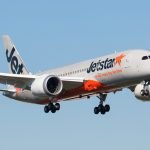
QANTAS: to exit Vietnamese airline – Jetstar Pacific
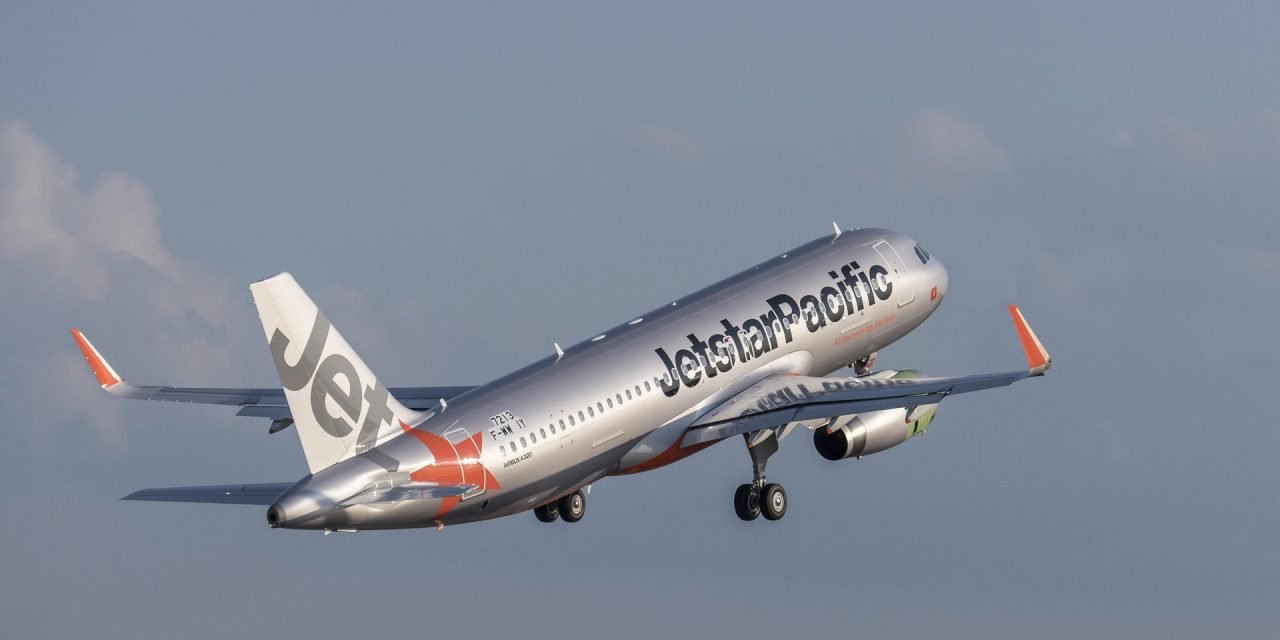
I suspect Qantas will be sighing with relief in the next months as they exit from this troubled partnership.
The relationship between Vietnam Airlines and Qantas has been a rocky one, including a period where Qantas executives were held in Vietnam.
Content of this Post:
History
Qantas partnered with Vietnam Airlines to form the joint venture ‘Jetstar Pacific in 2007. The airline was previously named Pacific Airlines and originated in 1990 as a cargo charter airline. The move was part of a wider plan to establish the low-cost Jetstar brand as a presence in Southeast Asia.
The airline did not start well amid increased fuel costs, it started and stopped routes to Nah Trang, deferred new routes to Bangkok and Siem Reap. However it did make its first profit in 2009, of a little over US$1 million.
There was also some pissing in corners weirdness around branding, with the Civil Aviation Administration of Vietnam arguing that there was potential confusion with Jetstar Airways (Qantas’s Australian based low-cost airline), and it didn’t want some offshore company (Qantas) profiting on the back of a Vietnamese based company, so they should change their name – or something. It didn’t.
Fuel hedging and detention
In 2009 the CEO abruptly left, and that event was followed by a scandal about fuel hedging reportedly costing the company US$31 million and also included the detention of the COO and CFO in Vietnam – both Australians in 2010. The two executives were freed after the airline agreed to a secret ‘commercial package‘ with the State Capital Investment Commission – the investment arm of the Vietnamese Government. The couple was released in June 2010.
Outcome
The result of Qantas exiting the agreement will see the airline drop the Jetstar branding, and return to its original name: Pacific Airways, adopting Vietnam Airways branding colours, a new logo, and moving form the Navitaire to Sabre the Vietnam Airways booking system.
According to reports in The Star, this is also to do with COVID-19, apparently.
2PAXfly Takeout
This is another timely reminder to wear your seatbelt when seated. Holding you close to your seat will protect you from the sort of injuries sustained on this flight, when unsecured passengers flew to the ceiling of the aircraft, and then came crashing down once the ‘drop’ ceased.
The hope will be that this is an anomaly – a ‘freak accident’ in casual parlance. If it is a systemic error either mechanical or electronic, then this is a larger concern for the airlines that fly Boeing Dreamliner 787 aircraft. Let’s hope it isn’t. If it is, it will pile on the woes to Boeing’s existing stack.
This will reduce the Jetstar Group’s airlines from 4 to 3, with the group having associated airlines in Australia/NZ, Singapore (Jetstar Asia Airways), and Japan (Jetstar Japan). What effect this will have on Qantas/Jetstar ambitions in Asia remains to be seen.
Do you remember Qantas ambitions to run a luxury airline in Asia?




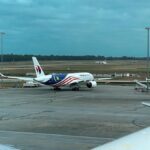
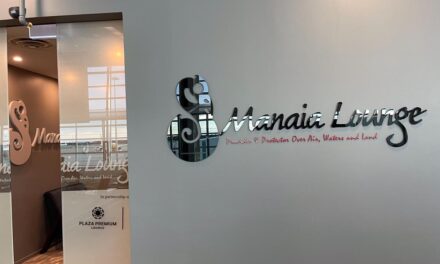
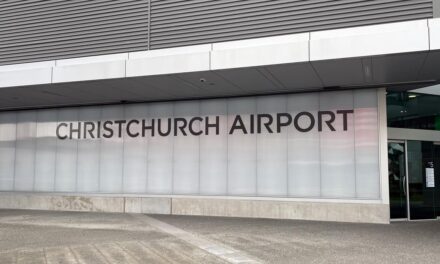

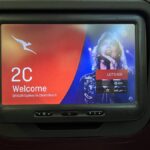

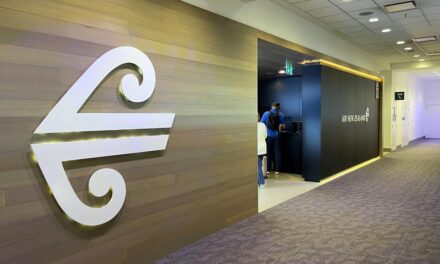
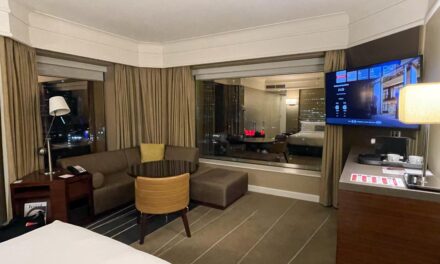
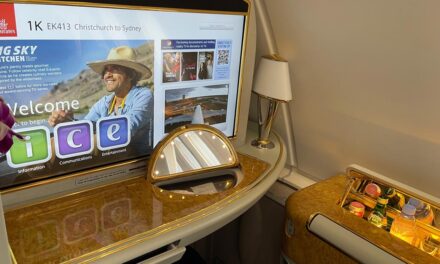
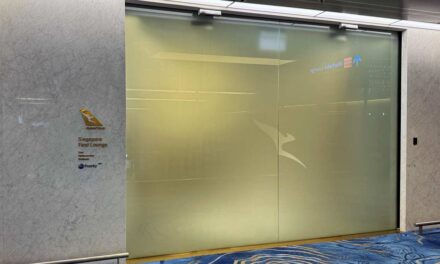
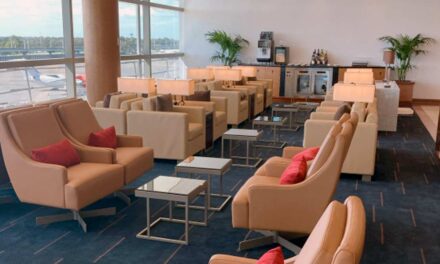

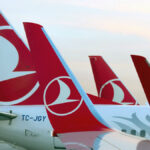
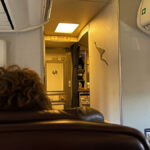

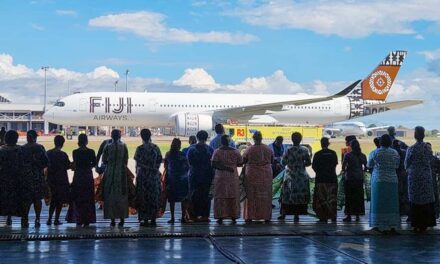





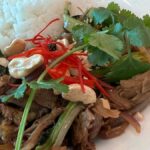
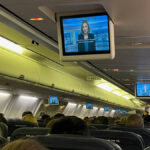

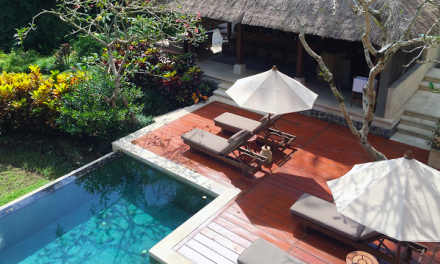
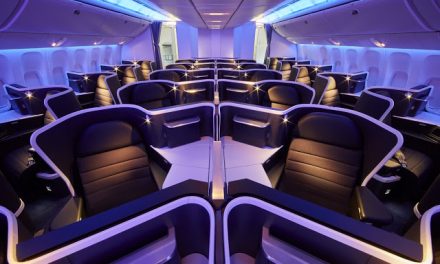



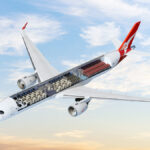



What did you say?